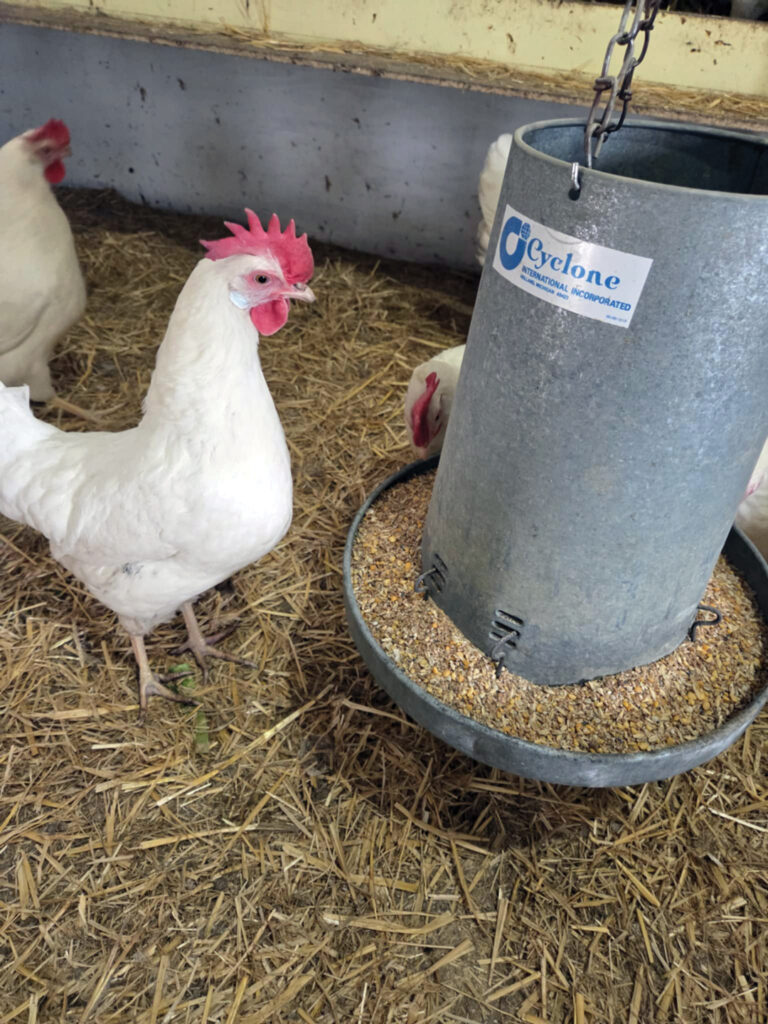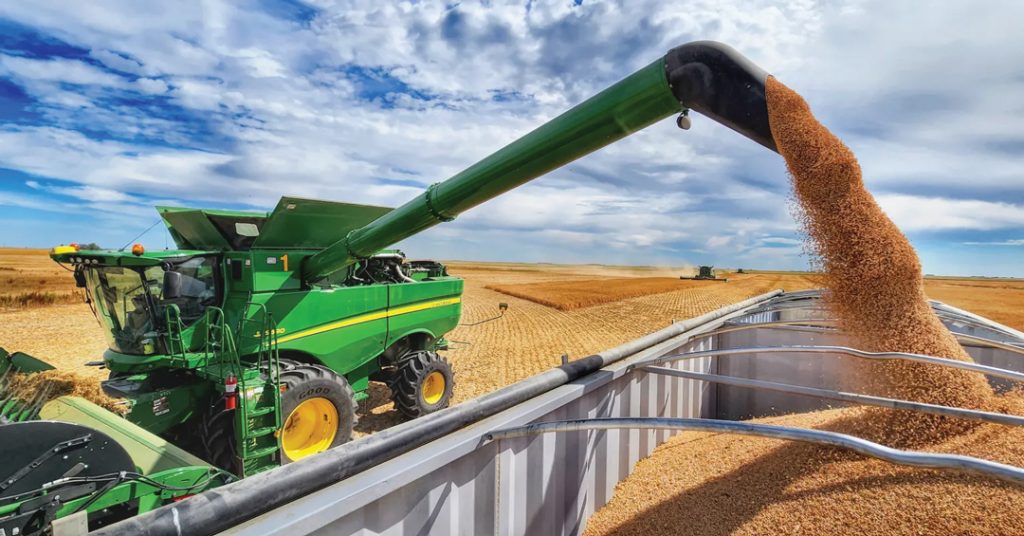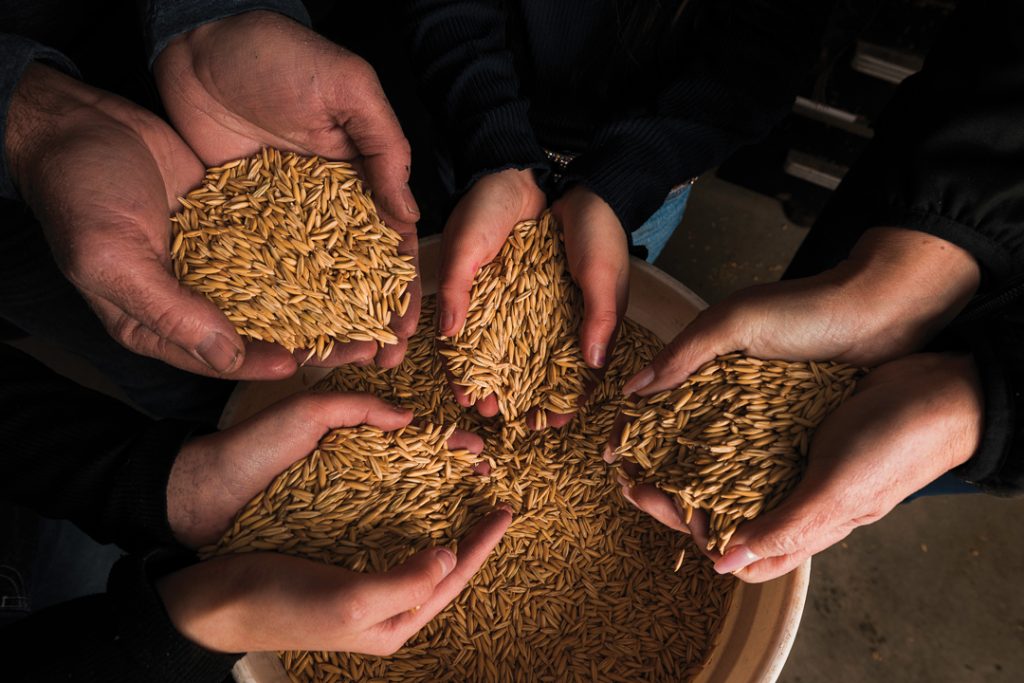SURVEY SAYS
If it’s true you’re only as good as your data, the thinkers at Hebert Group are exceptionally good. Led by farmer Kristjan Hebert and CFO Evan Shout, the agribusiness recently partnered with Stratus Ag Research to survey 417 farmers about Canada’s agricultural policy landscape.













